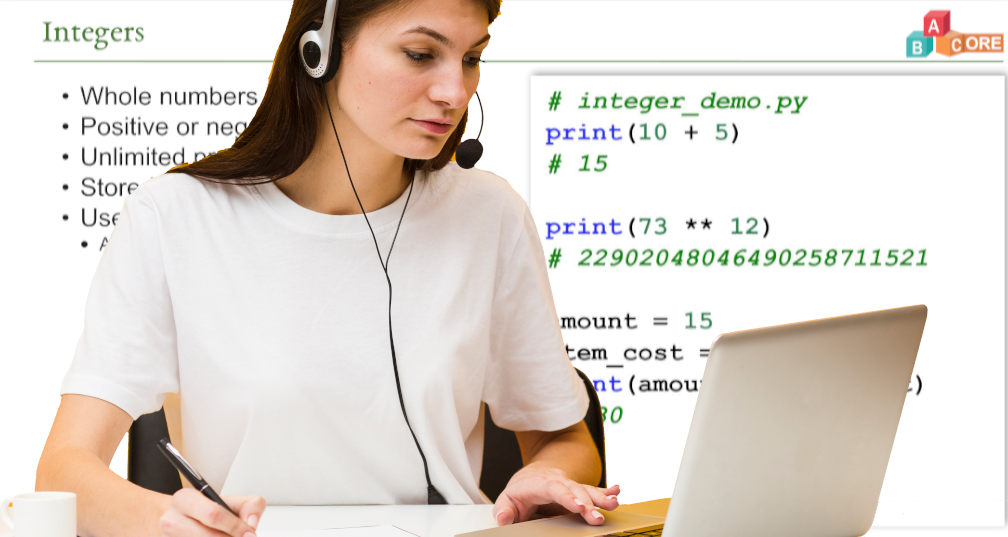Course: Python Programming

Duration: 4 days
This course provides participants with the skills to write and maintain Python scripts. Topics covered include data types, operators, conditions, loops, functions, objects, collections, modules, exception handling, file I/O, and databases. Hands-on exercises reinforce key concepts.
Skills Gained
Participants will learn to:
- Write and test Python scripts
- Use built-in and custom data types
- Build expressions, conditions, and loops
- Declare and call functions
- Handle numbers, collections, strings, spreadsheets and files
- Create modules, handle exceptions, and work with databases
- Apply object-oriented programming principles
Target audience and Course requirements
Ideal for those looking to solidify or formalise their home-grown Python skills or transition from other languages. Also suited for absolute beginners
- No prior programming experience required: Suitable for those new to coding.
- Basic computer skills: Ability to manage files, install software, use a web browser, etc.
- Willingness to develop abstract thinking: Programming involves problem-solving and thinking in terms of logic and structure.
Course Content Overview
Getting ready to code
- Getting Started: Installing Python, editors and integrated development environments (IDEs)
- Scripts & Syntax: Basic syntax, script execution, console input/output
Core Syntax
- Numbers: Integers and floats
- Strings: Syntax, manipulation, formatting
- Collections: Lists, tuples, sets, dictionaries
- Operators & Expressions: Arithmetic, comparison, logical operators
- Conditions & Loops: if/else, for/while loops, continue/break/else, range and enumerate functions
Structuring your code
- Functions: Declaration, invocation, passing in and returning values
- Objects & Classes: Declaration, creating instances, methods and attributes, inheritance
- Modules & Packages: Creating and importing (from) modules
- Exception Handling: try/except
Practical applications
- Files & Filesystems: Reading/writing files; copying, moving and renaming files; processing all files in a folder; navigating folders
- Databases: Connecting, querying, and updating databases
- Spreadsheets: Reading and writing data
- Internet & APIs: Requesting web data, handling JSON
Optional bonus materials
Time permitting, the following will also be covered
- Basic image manipulation
- Drawing with Turtle
- Graphical user interfaces (GUIs) with Tkinter
